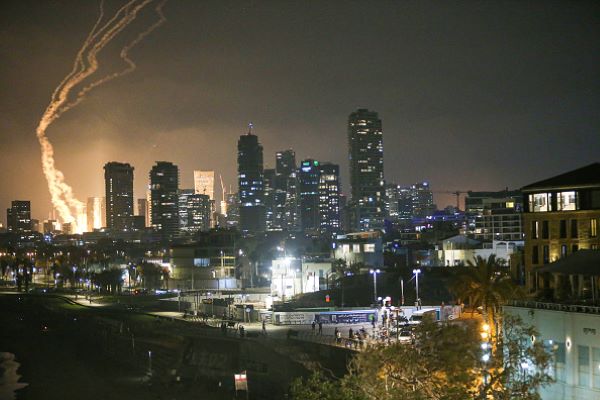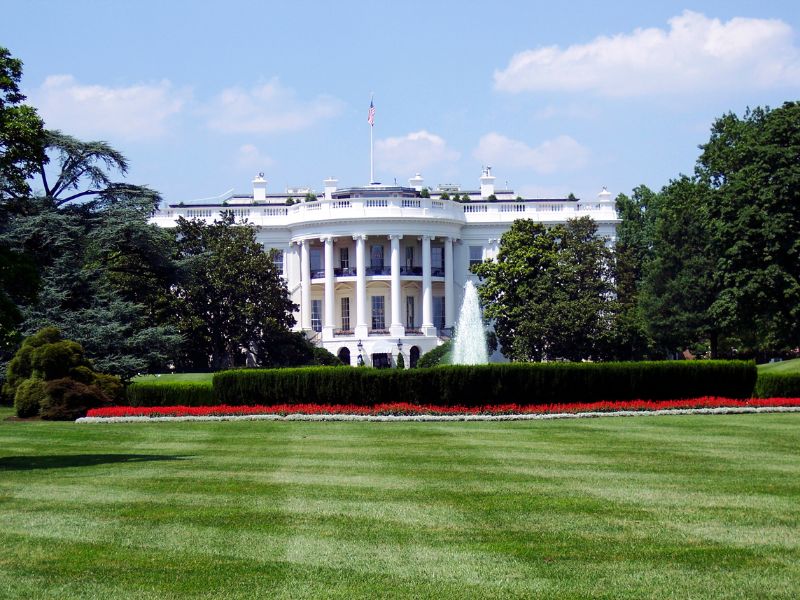.png)
Bombs And Drones Leave The Middle East In Flux
Israel's strikes on Iran mark a risky new phase in shadow warfare, testing deterrence, red lines, and the fragile balance in the Middle East.


Lt Gen Syed Ata Hasnain is a former Commander of India’s Kashmir Corps and Chancellor of the Central University of Kashmir.
June 14, 2025 at 11:34 AM IST
For close to two decades, Israel’s national security establishment has operated under a single maxim: a nuclear-capable Iran would pose an existential threat that Israel could not live with. That belief, shaped by intelligence reports, ideology, and history, has now culminated in action. With its ongoing wave of strikes on Iranian nuclear infrastructure, Israel has crossed a threshold that most of the international community hoped would remain theoretical.
Was the triggering of war inevitable? For years, at least since 2003, I can recall, Israel being wary of Iran’s nuclear programme that the latter professed was for peaceful purposes. There have been moments of tension several times when reports of weaponisation nearing fruition went viral. It seems this time Israeli intelligence concluded that the nuclear programme was only weeks away from a breakout, no longer just enrichment, but proper weaponisation. The entire Middle East is petrified of that kind of power in the hands of the current Iranian regime. In Israeli eyes, allowing Iran to cross that threshold would change the entire regional balance and endanger Israel’s long-term survivability. It was probably seen not merely as a military risk but a perceived point of no return.
With no common borders, both nations have invested in missiles and drones. Israel’s strong point remains its air force and long-range drones that can strike deep into Iran. It’s not a battle for territory but one of degradation of capability. That is what Israel is aiming at, with stakes in the direct targeting of the enrichment facilities for fissile material which are deep underground. Precision munitions and electronic warfare can blind Iran’s air defence and damage known sites. But truly hardened targets like Fordow, buried deep underground, remain difficult to destroy with conventional air power. We cannot say what Israeli capability is today but for many years its objective was primarily disruption, not destruction; to set the clock back, inject uncertainty, and impose strategic pause.
Why now, and why alone? Alone, because the US, preoccupied by Ukraine, and China, has shown less appetite for conflict with Iran. While the US did not openly support the current strikes, it likely green-lighted it with intelligence sharing and contingency back up. The quiet message to Israel — 'act if you must, but don’t drag us in'. For Israel, the weakening of the major Iranian proxies offers an opportunity too.
In the Gulf, the calculus is layered. Saudi Arabia, though publicly neutral, is probably relieved. Despite diplomatic openings with Tehran enabled by China, Saudis have long viewed a nuclear-capable Iran as a mortal threat. It will understandably avoid overt support for Israeli action. The UAE and Bahrain, also see Iranian nuclear ambition as destabilising. None of these states want prolonged conflict in this region as it seriously affects their economies. The concern would also be about calibrated retaliation through proxies, such as drone or missile harassment of Gulf shipping lanes or energy infrastructure, which, even if limited, could rattle global energy markets and alarm Arab capitals.
Iran’s retaliation is unlikely to be symmetrical. While its missile force is extensive, its capacity for sustained conventional war against Israel is limited by geography and technology. Hezbollah, one of the main proxy forces, is just about recovering from a body blow it received from Israel. The Houthis may harass Red Sea shipping or Israeli ports with drones, but these are lower than even tactical ripostes. Iran will likely fall back on its strength: asymmetric, indirect, and patient retaliation, although that capability at present is severely eroded.
For years, Israel has aimed at disruption of the Iranian state’s strategic confidence. Its security establishment believed that sustained pressure—military, cyber and economic—could trigger internal fractures within Iran. Regime change has always been an Israeli, and even an Arab, intent. Perhaps the latest strikes may be intended to shake the confidence of Iran’s leadership and show it as inept. Military means may not always be the best bet for that. Iran’s theocracy has shown enough resilience. Assassinations, sabotage, and sanctions have not led to political implosion—only greater consolidation. Yet with much of Iran’s proxy network in the region degraded, Israel may now also seek to weaken Iran’s conventional military capabilities and its nuclear enablers—command, logistics, and missile systems—especially if the underground sites prove invulnerable.
The current exchange may be brief. All-out war is unlikely and I do think Iran will wish for this not to escalate beyond the first cycle. A shadow conflict could continue; Israel has demonstrated capability. An escalation would mean Iran exiting the Nuclear Non-Proliferation Treaty, expelling inspectors, and declaring itself a threshold nuclear state. That could prompt a regional nuclear cascade of review of other dormant programmes.
Amidst this volatility, can India afford a posture of detachment? Its energy security is deeply tied to the Gulf, and any disruption to Straits of Hormuz traffic threatens our vital imports. More significantly, Israel’s unequivocal support during Operation Sindoor has strengthened bilateral trust. Yet India must view its interests that are equally served by neutral pragmatism the way it has straddled relations with Russia and the US. It’s a difficult choice but quiet ambivalence and back channels have worked before, although in moments of strategic churn, ambiguity risks being seen as indifference.
The coming weeks will show how far Iran escalates or calculates. Much depends on whether it chooses direct confrontation, calibrated retaliation, or internal consolidation. For Israel, the test will be in assessing damage inflicted, remaining ready for a second cycle, and preparing for hybrid warfare.
There are global connotations. The US will seek to prevent uncontrolled escalation while avoiding direct entanglement. China, with its economic stakes in Gulf energy could push Iran towards caution. Europe will renew calls to salvage nuclear oversight mechanisms. Russia can only offer rhetorical support to Iran but little else.
The current standoff cannot be seen as decisive in any way, at least at this stage. Israel has initiated what it perceives as preventive action. But that has also opened a new phase of uncertainty. Bombs and drones have spoken. The world must now grapple with what they’ve left behind.



